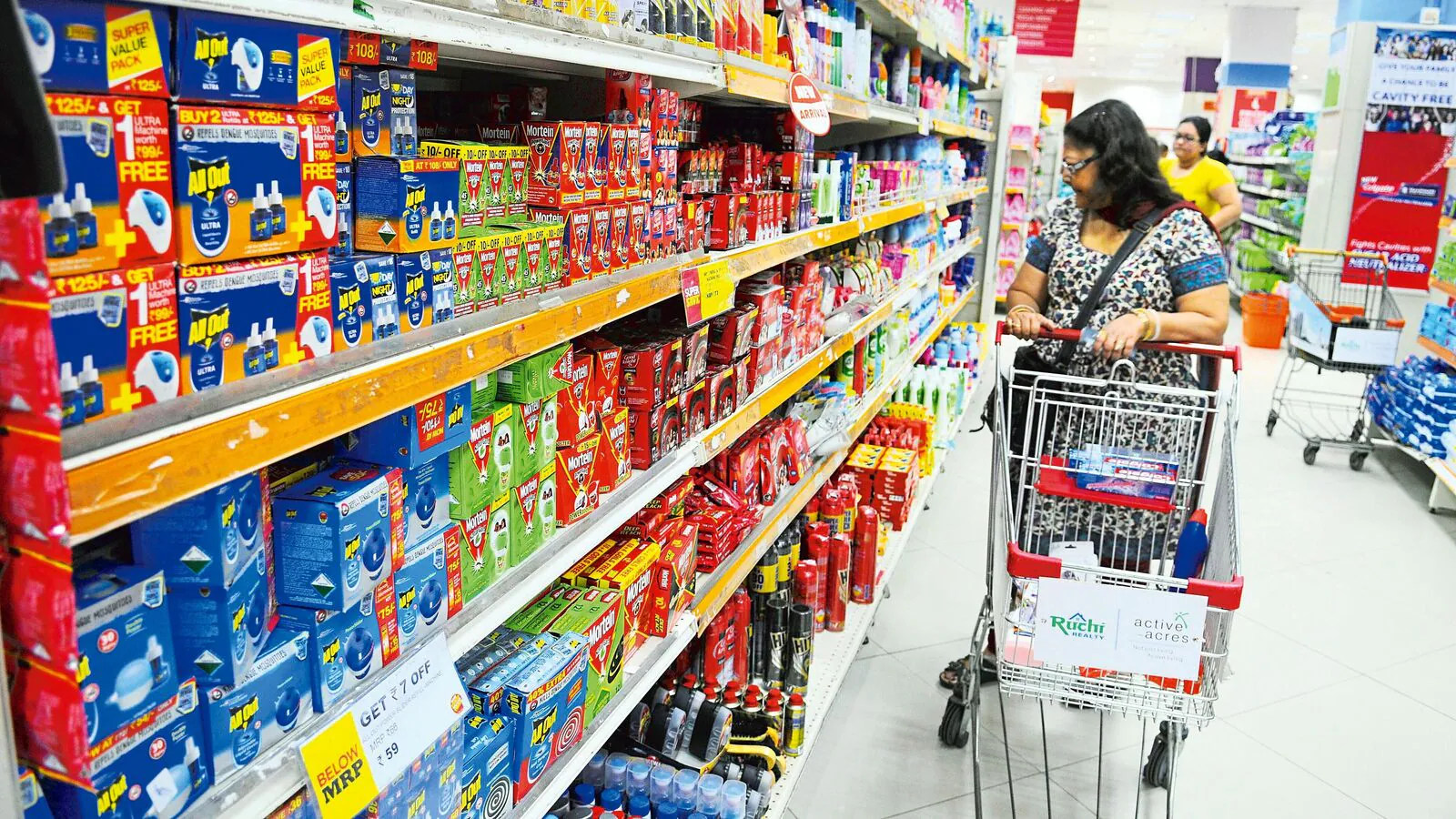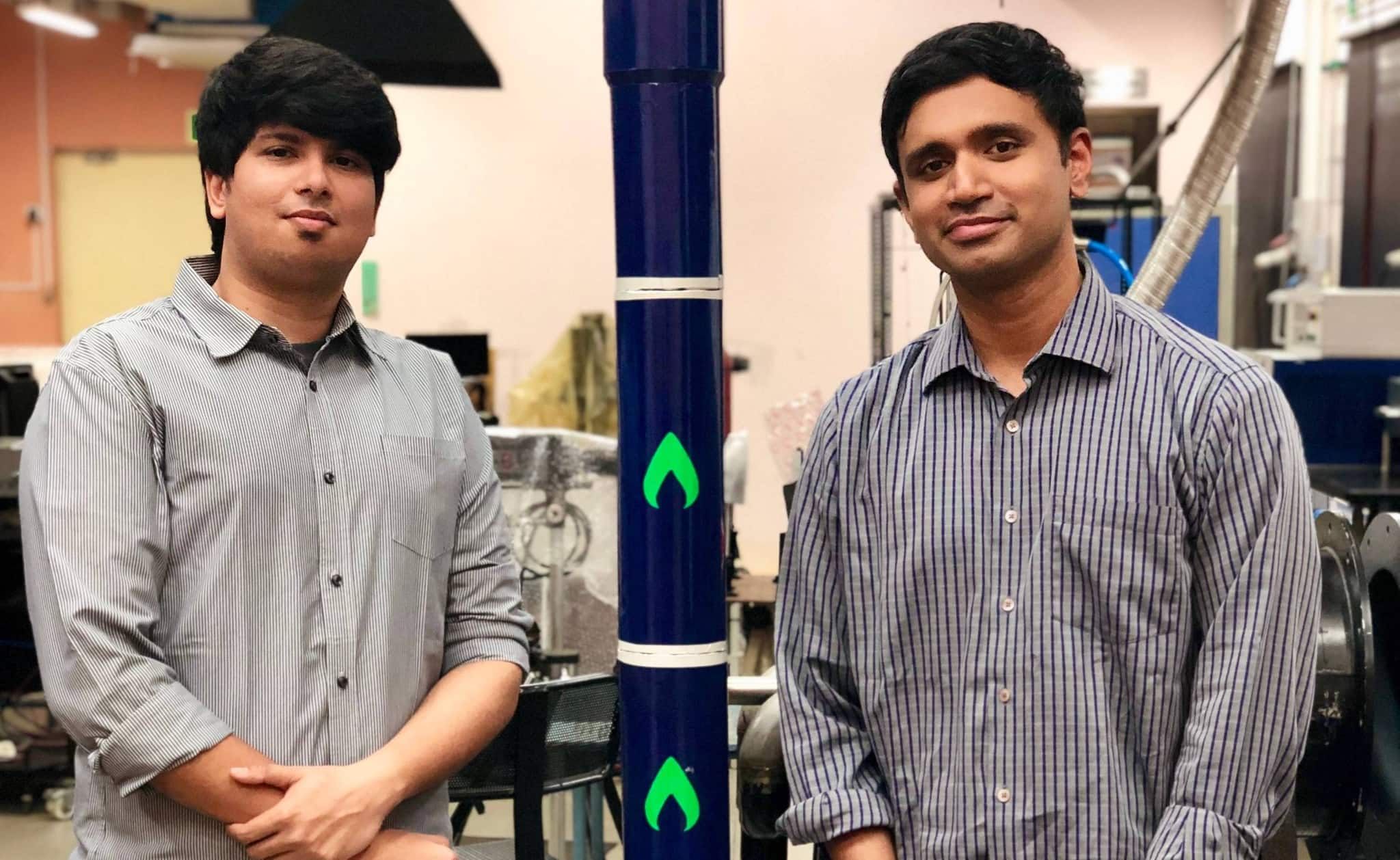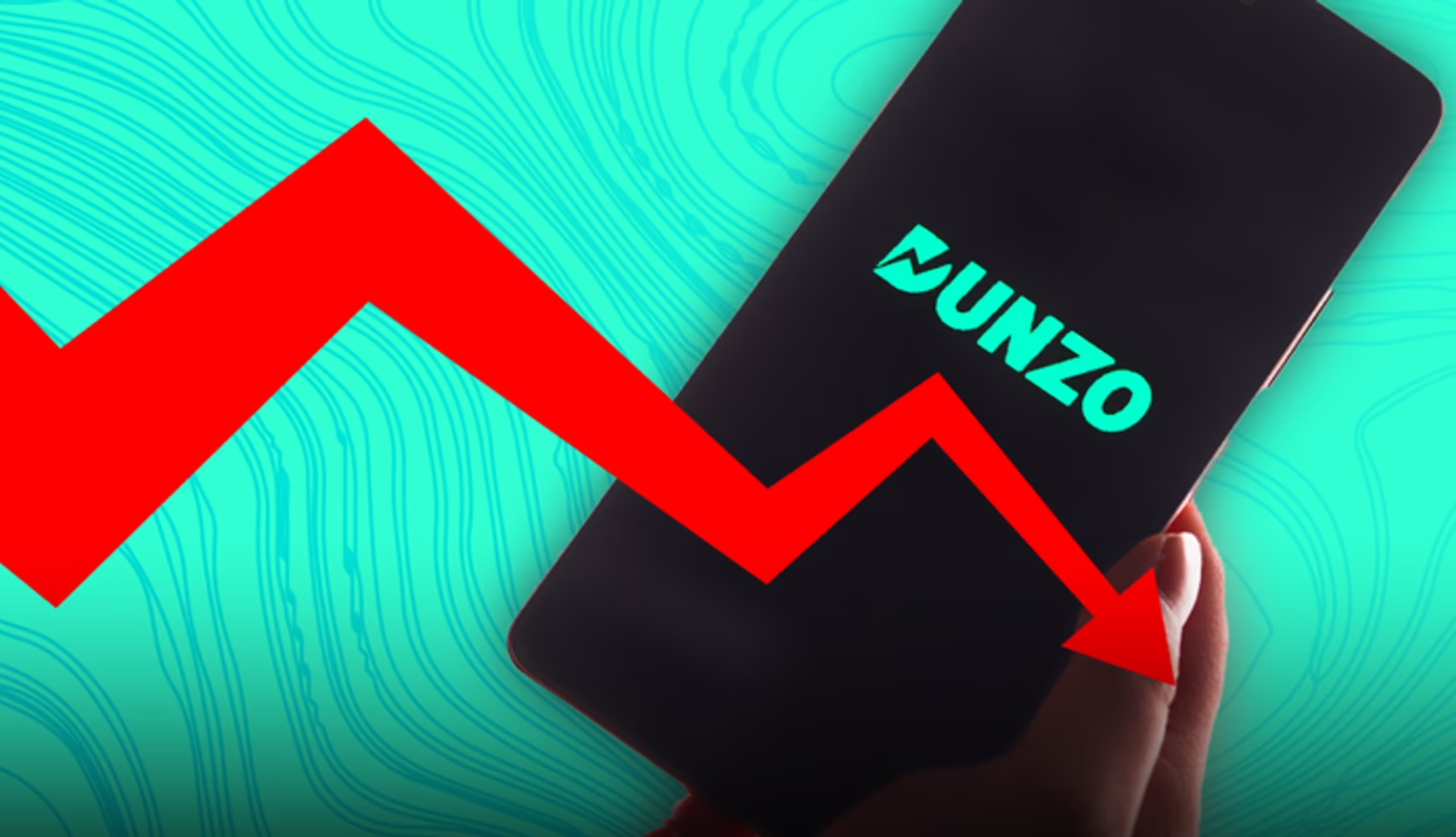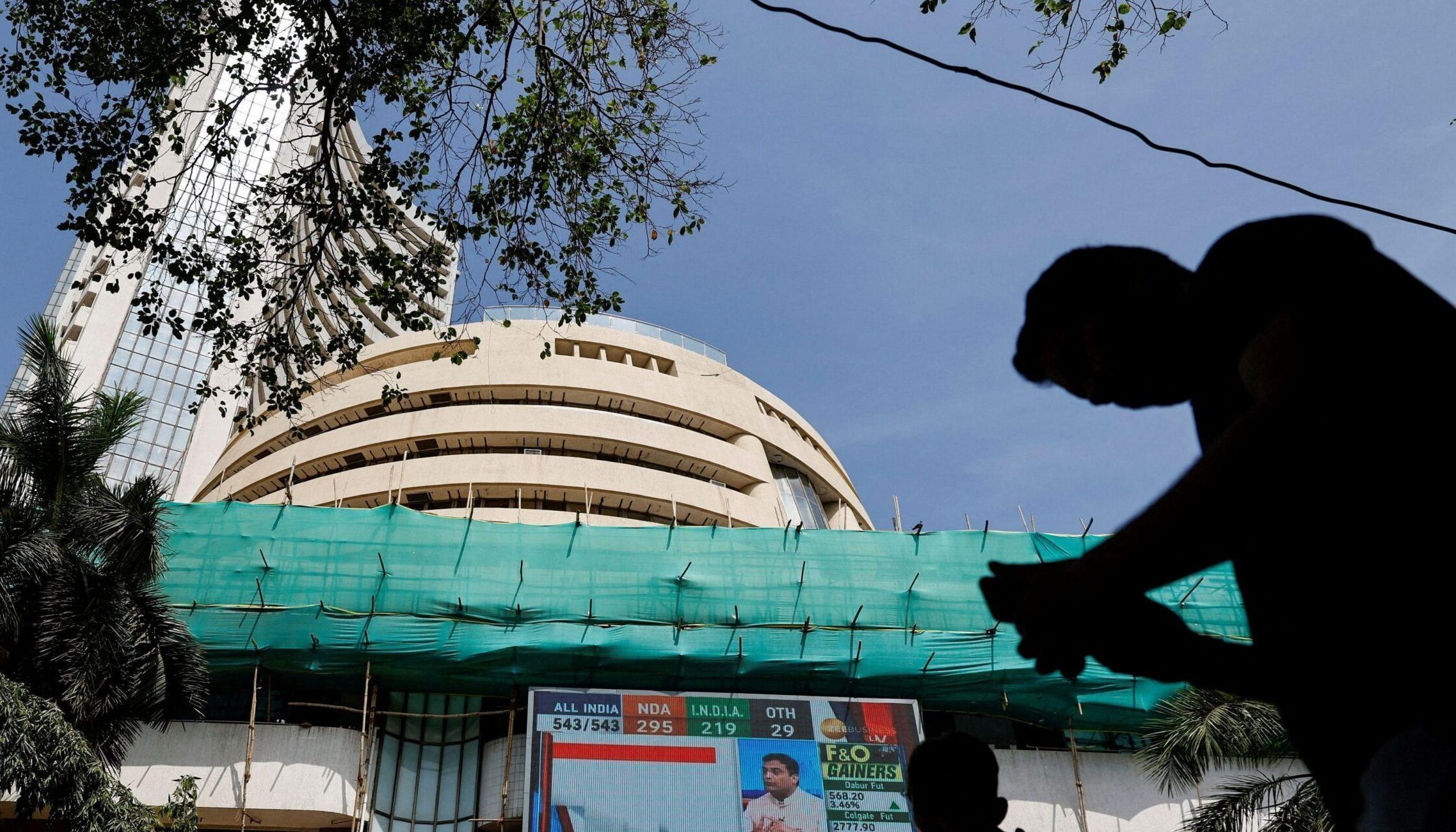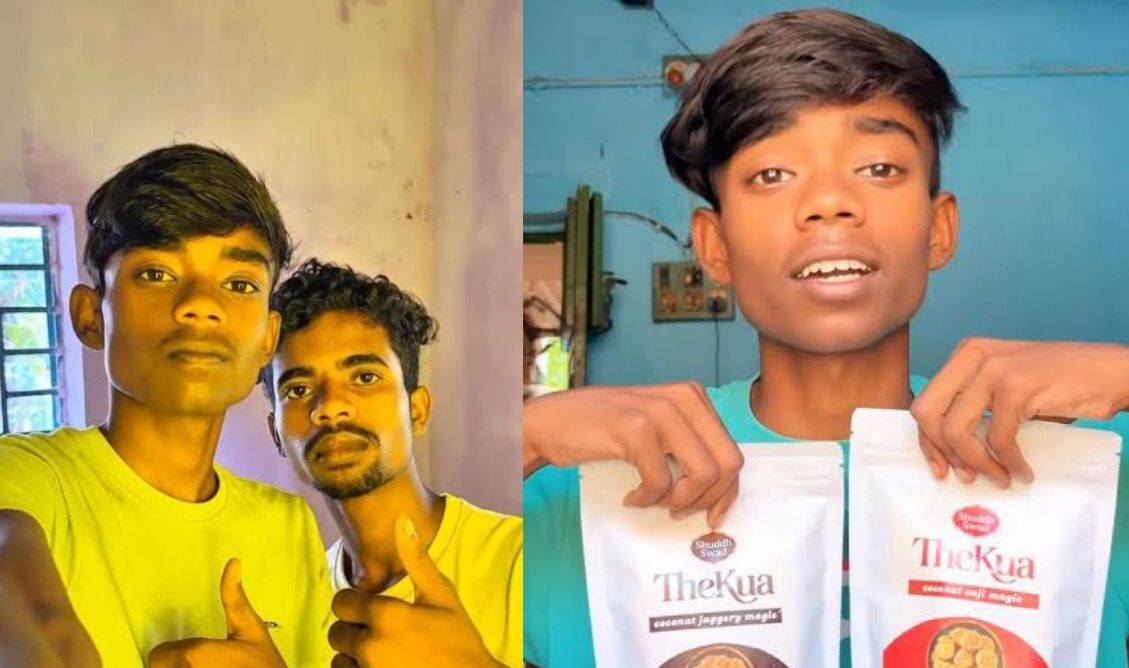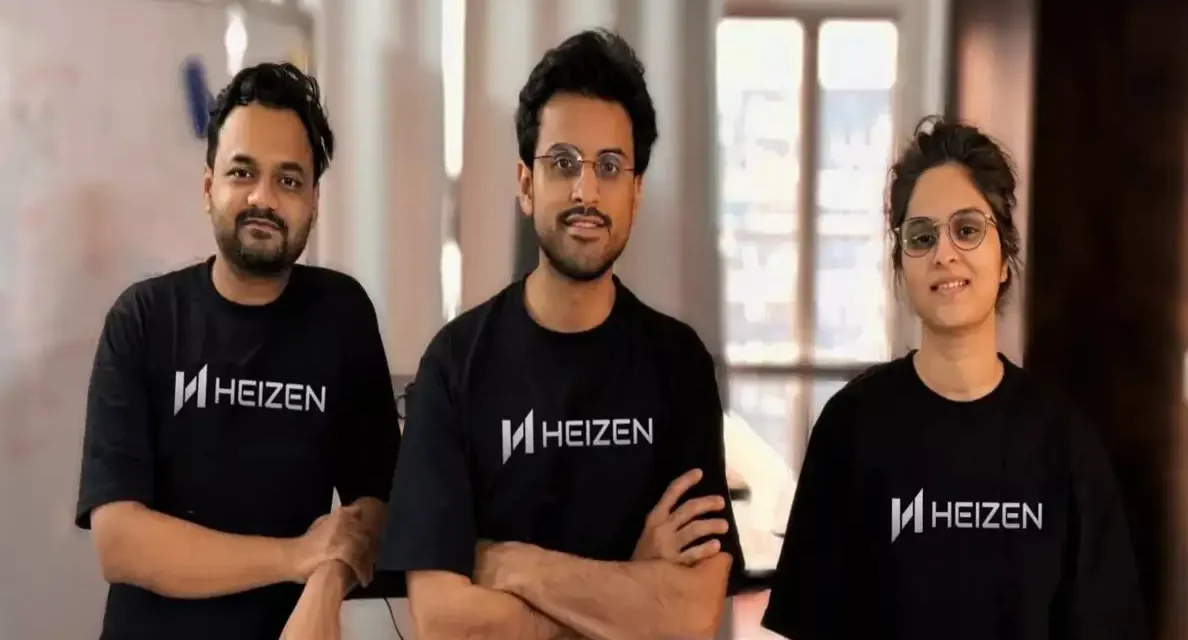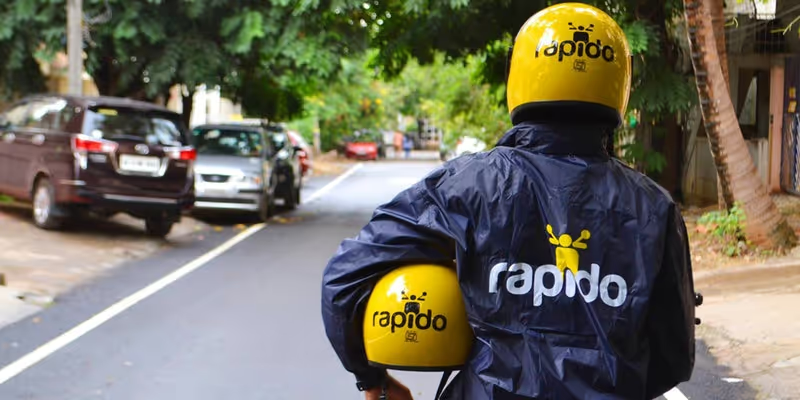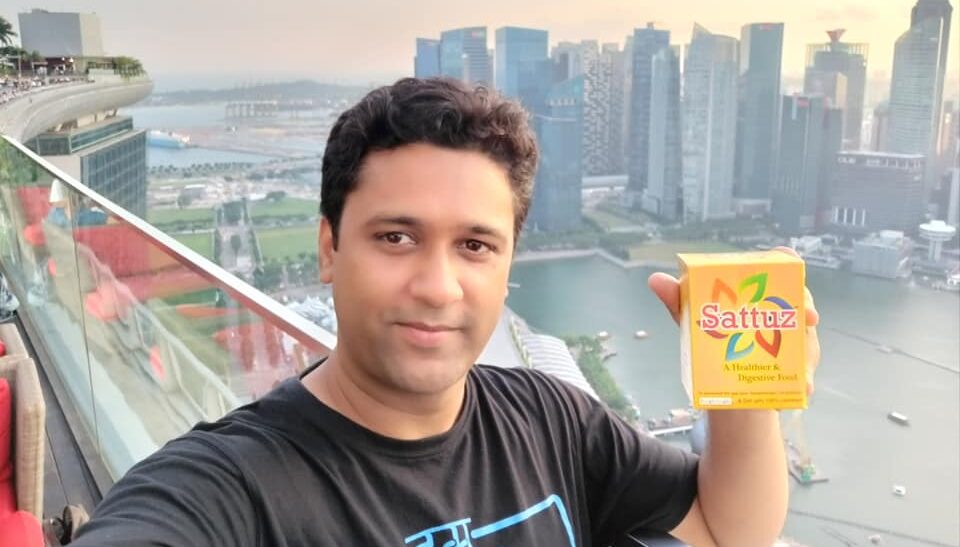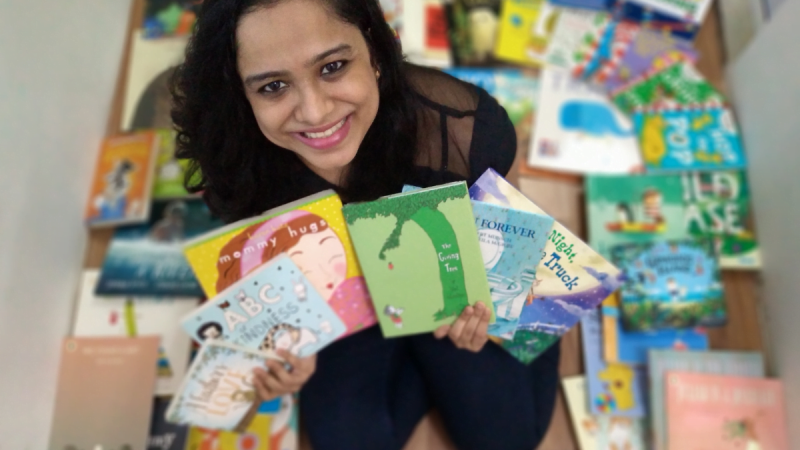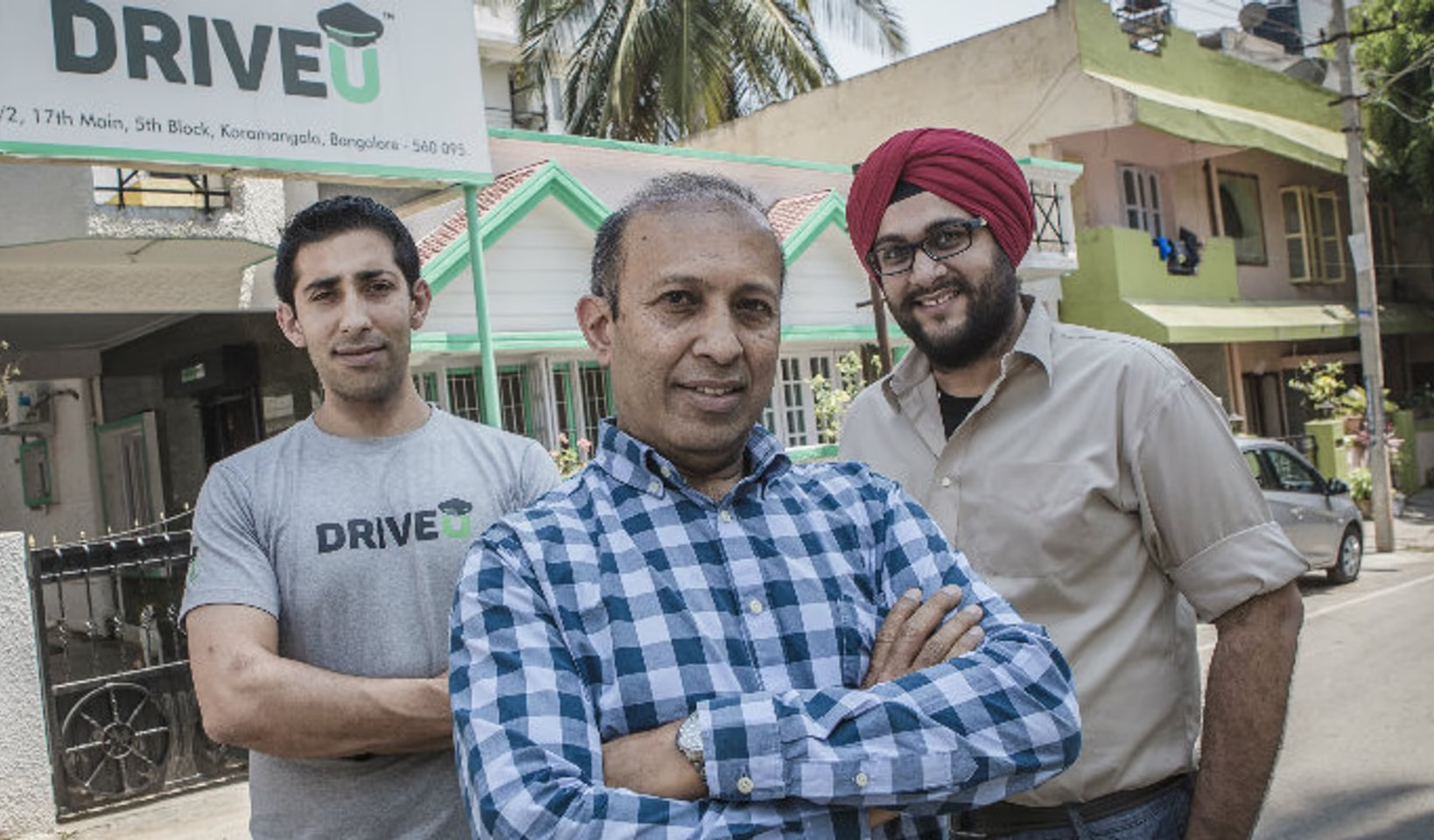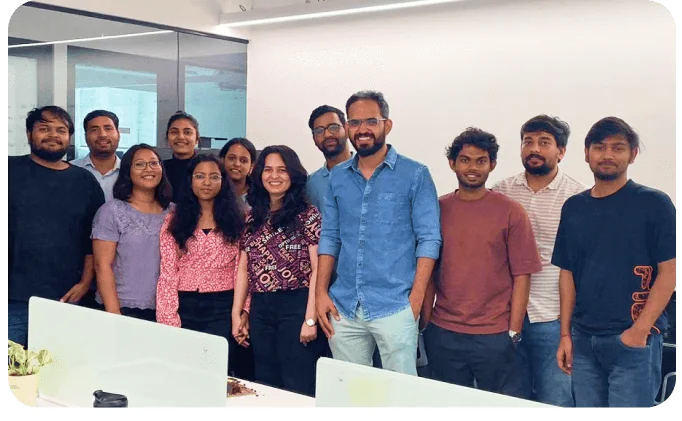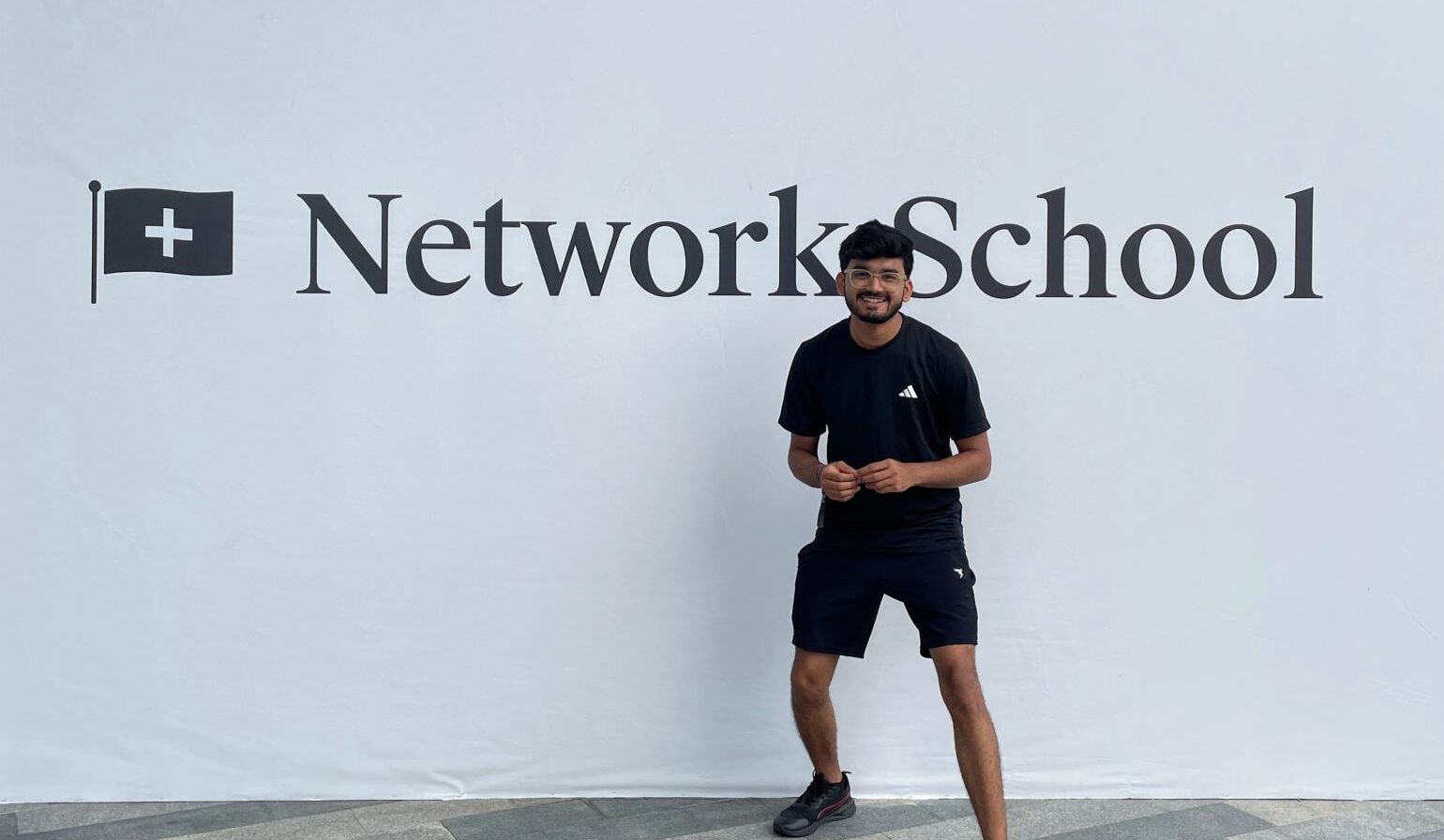India’s fast-moving consumer goods (FMCG) industry is quickly changing. Big corporations including Hindustan Unilever, Nestlé India, ITC, and Tata Consumer Products once dominated the market. Smaller regional brands are gaining traction. These nimble enterprises respond swiftly to local tastes and demands, demonstrating how larger companies might be more adaptable.
Hyper-Local Flavor Wins Hearts
Regional brands like 1to3 noodles, Rungta tea, Balaji Wafers, and Mario Biscuits are carving space simply by tuning into regional tastes and traditions, something national players often overlook. “They’re saying: ‘I want to sell in six localities, in three pin codes,’” Nestlé India’s outgoing managing director Suresh Narayanan puts it. This hyper-local focus allows such smaller outfits to be faster, smarter, and more relevant.
Innovation Meets Affordability
With lower overheads and leaner operations, regional brands often edge out the big guys on price—without compromising on quality. That gives them an advantage in price-sensitive markets while offering authentic, tasty alternatives.
A remarkable success story is Lahori Zeera. Born in a Punjab kitchen in 2017, this fizzy, cumin-spiced drink grew from a Rs 10 experiment to a Rs 312 crore brand by 2024. Lahori Zeera is available in 18 states and at over half a million stores. It is expected to reach Rs 525 crore in sales by 2025 and aims for Rs 1,000 crore in the fiscal year 2026. Its growth shows how genuine regional products can gain national interest.
Quick Commerce: Small Brands’ Secret Weapon
Platforms like Blinkit, BigBasket, and Amazon offer small brands a powerful launchpad. Quick-commerce enables same-day delivery, pin-code-level product curation, and direct-to-consumer access leveling the playing field against FMCG giants.
FMCG Giants Are Listening
Legacy players are taking notes. Nestlé India launched an accelerator program to learn from startups. Suresh Narayanan acknowledges the shift in relevance, Gen Z and Gen Alpha want “what’s in it for me,” not brand nostalgia. The big brands are focusing on premiumisation, affordability, innovation, digital channels, and regional adaptation to stay ahead.
What This Means
The key takeaway is this: agility, authenticity, and local understanding are essential in the FMCG market. Small brands show that well-designed, locally focused products can challenge even the biggest companies. Larger brands are responding by learning to act quickly, focusing on smaller ideas, and connecting with customers in new ways.
Also Read: Sattuz: Can This Desi Superfood Beat Imported Protein Powders?









